Innovation Programme
From research, to traceability innovations, and industry standards, we accelerate access to tools that ensure organic agriculture can be truly regenerative.
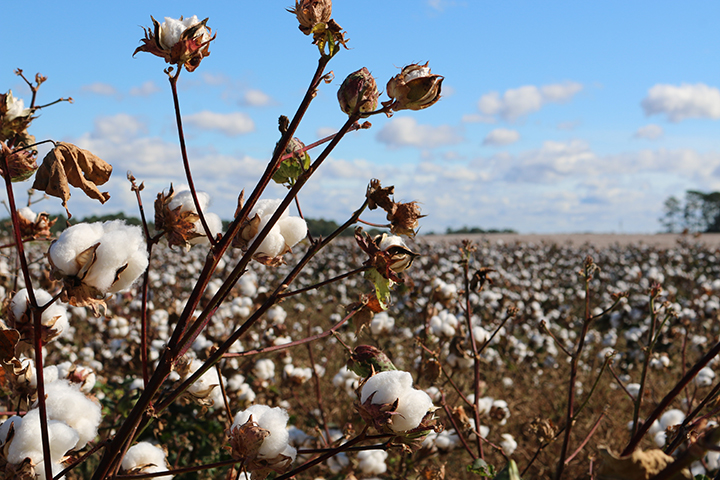
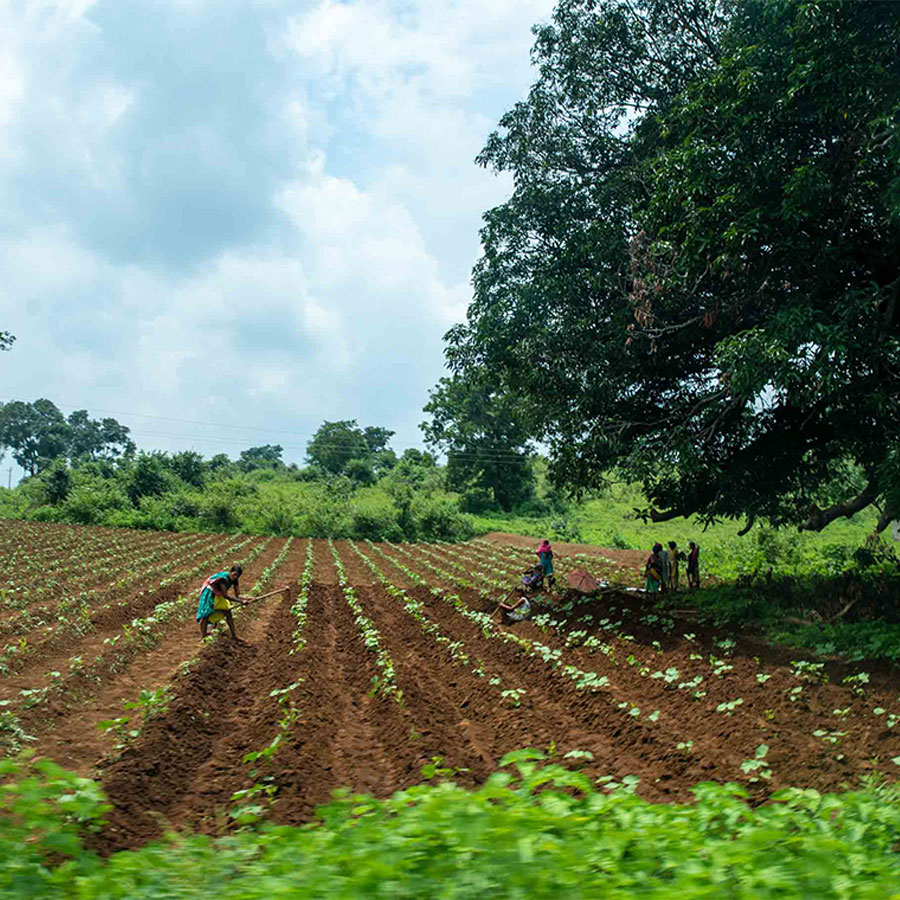
Seed forms the starting point of all agricultural value chains, so the true origin of an organic cotton t-shirt is organic cottonseed. If farmers can’t access a diversity of locally adapted organic cottonseed, there won’t be any organic T-shirts for consumers.
Since 2017, our Seed Programme has been investing in boosting the development, commercial release, and production of non-GM and organic cultivars around the world. Driven by a sector-approved strategy and clear progress metrics, we’ve led research and cultivar development to support the uptake of organic agriculture by more farmers.
We partner with seed producers to strengthen the purity of non-genetically engineered seed marketed to farmers using our standardised industry approach. This ensures that the organic cotton farmers in our Farm Programme receive reliable cottonseed that improves the integrity of the value chain, from seed to shirt.
OCA also provides the joint largest investment in the development of cotton cultivars adapted for organic agriculture. Our seed trial network provides farming organisations with the tools to decide which seed cultivars to plant and boost cultivar adoption by farmers while providing cotton breeders and seed producers with the feedback and incentives they need to develop locally adapted seed.
We are committed to improving the global availability, accessibility and genetic diversity of non-GM cottonseed for all organic cotton farmers.
Here’s what we have achieved so far:
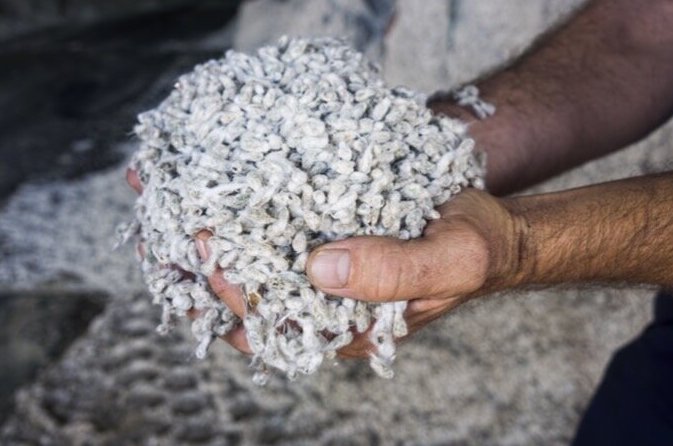
In countries where GM cotton is allowed for cultivation, it’s necessary to enable access to reliable Non-GM seed, but this can’t happen without regulated processes preventing accidental GMO presence right at the start of the organic cotton supply chain.
We’ve partnered with sector experts to develop OCA’s Non-GM Cottonseed Production Guidelines which help seed producers monitor and prevent GMO presence in different contexts and countries, from early breeding stages up to the final production, processing, and packaging of planting seed. These guidelines are now available upon request.
With the support of our experts, we are helping Indian seed producers implement these guidelines and verify their compliance to these best practices using second-party verification audits. Participating seed producers can differentiate themselves in the marketplace, while farm groups can feel confident when sourcing reliable non-GM seed for their organic cotton.
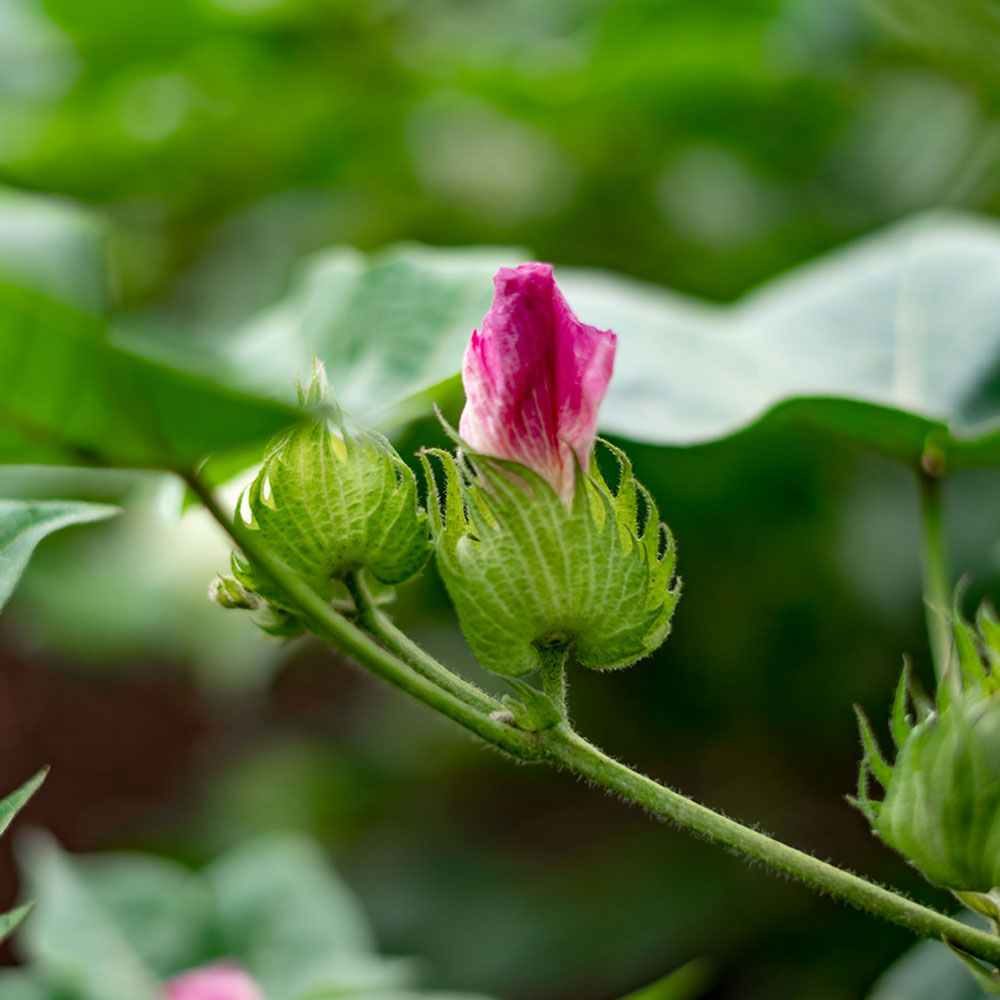
The seed cultivar chosen by organic cotton farmers significantly impacts productivity and economic gains and is key to the farmer’s business case for organic. As organic farming conditions are not artificially buffered through synthetic inputs, farmers must be able to access the right quality and type of seed aligned to their local environment and way of farming.
OCA provides the largest joint investment in the participatory development of cotton cultivars suitable for organic agriculture by supporting FiBL’s Seeding the Green Future Programme. This programme also collects seed performance data that assists farmers and farming groups in their seed procurement decisions.
OCA will engage its network of Farm Partners in a joint seed cultivar trial network in the 2022/23 season. Cultivar trialing and the sharing of seed performance data across farm groups will help them choose, which seed cultivars to plant while also providing breeders and seed producers the proper incentives to develop locally adapted seed.
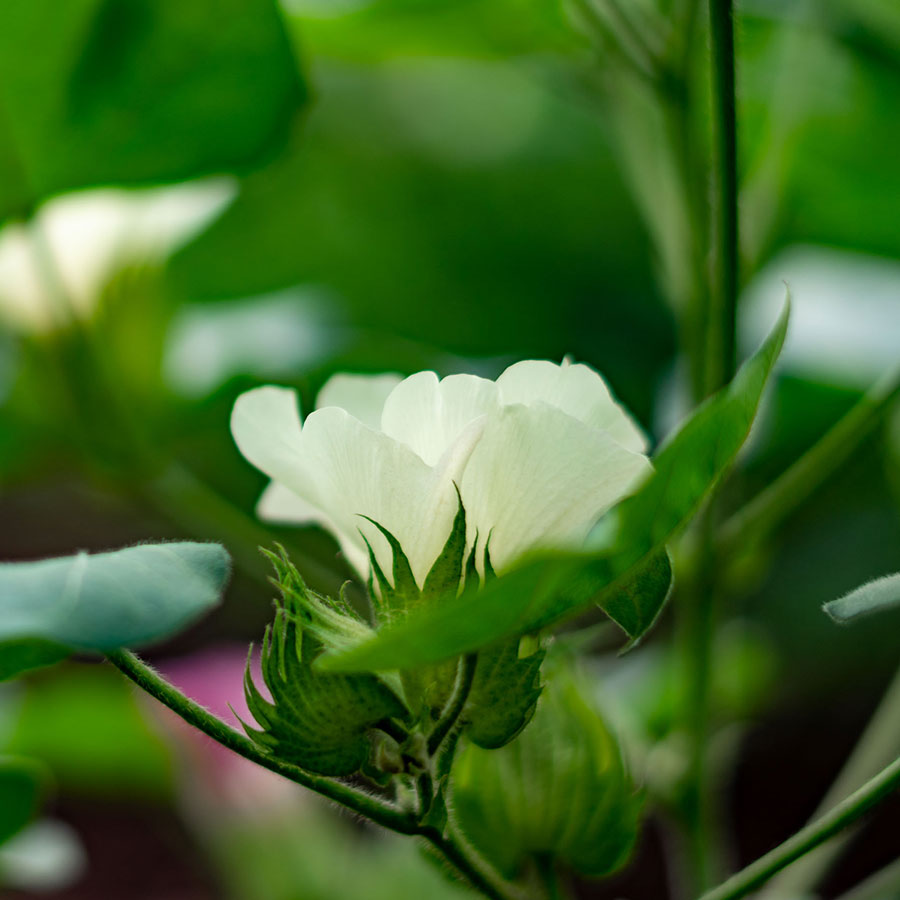
Even when suitable cotton varieties are identified by organic cotton farmers, they are not always accessible for farmers at local seed dealers/retailers. This is especially true in countries where GM cotton is approved for cultivation and strongly dominates the market. In such cases, farmer access to seed needs to be facilitated.
OCA’s Farm Programme provides direct support to organic cotton farmers to access good quality organic cottonseed. Our Implementing Partners procure and distribute non-GM cottonseed to organic farmers after testing them for GMO presence. We want to support farmers switching to or sticking with organic farming, and providing access to organic cottonseed is a critical first step on that journey.
We are continuously boosting non-GM / organic cultivar adoption by farmers through on-farm seed trialing and demo farms with lead farmers so that they can see seed performance with their own eyes. Inputs are provided for free or at subsidised costs.
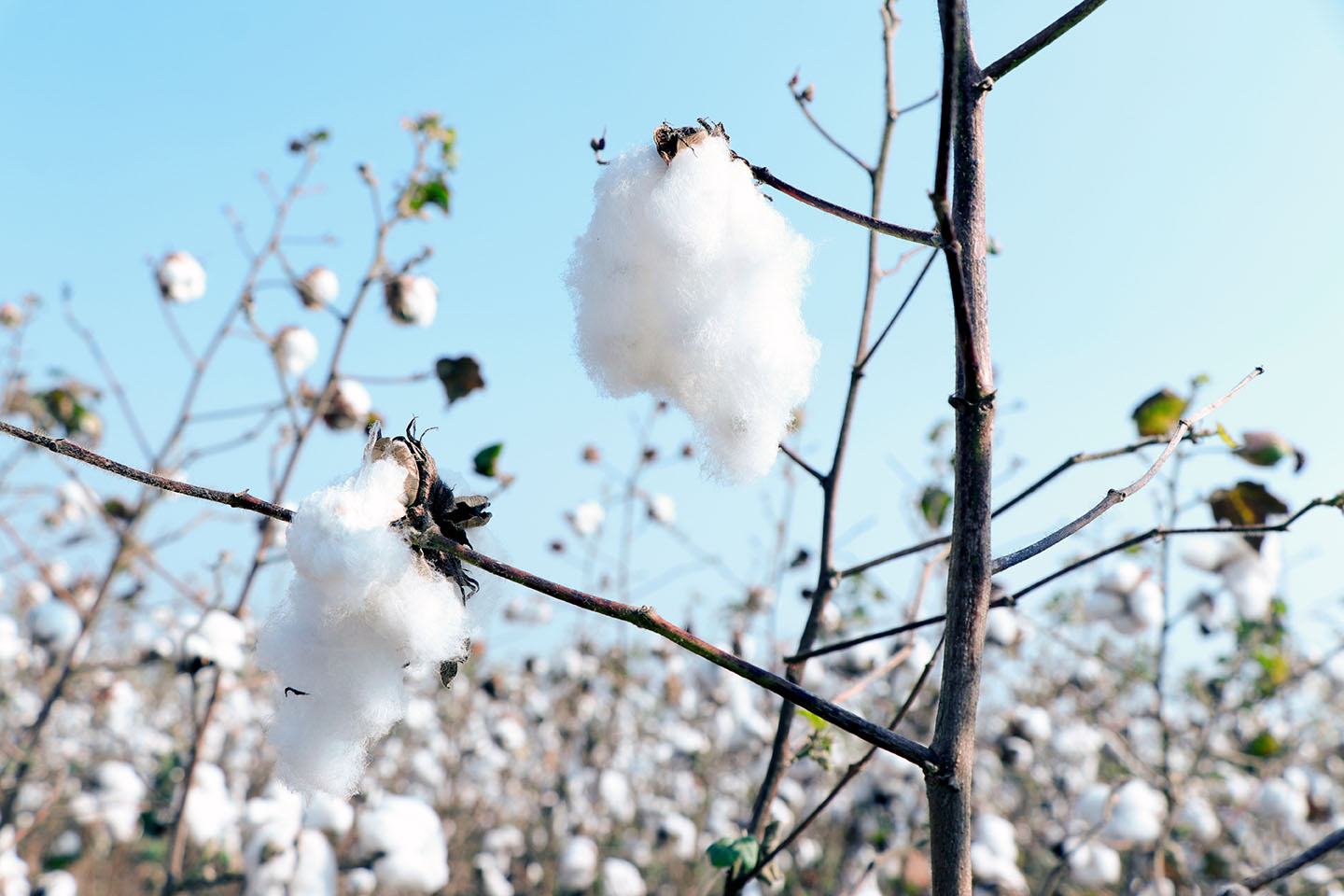
Seed is the carrier of genetic diversity. That means; the diversity in genetic resources, both across and within cotton species, is stored in tiny seeds. Diversity in cotton genetic resources is essential for plant breeders to develop improved seed varieties that not only perform well but are also resilient to pests, diseases, and climate change.
Through our investments in FiBL’s participatory breeding programme, OCA invests in new cultivar development from indigenous (Desi) species like Gossypium arboreum. Leveraging the genetic diversity available in India’s public seed banks, these cultivars are improved to meet the minimum fibre length required by the cotton industry. Beyond the need to preserve this indigenous species, arboreum desi cotton provides several advantages:
By leveraging our relationship with farm groups and brands, OCA will work to foster the adoption of Desi cotton from the organic cotton value chain, from farmer to brand.